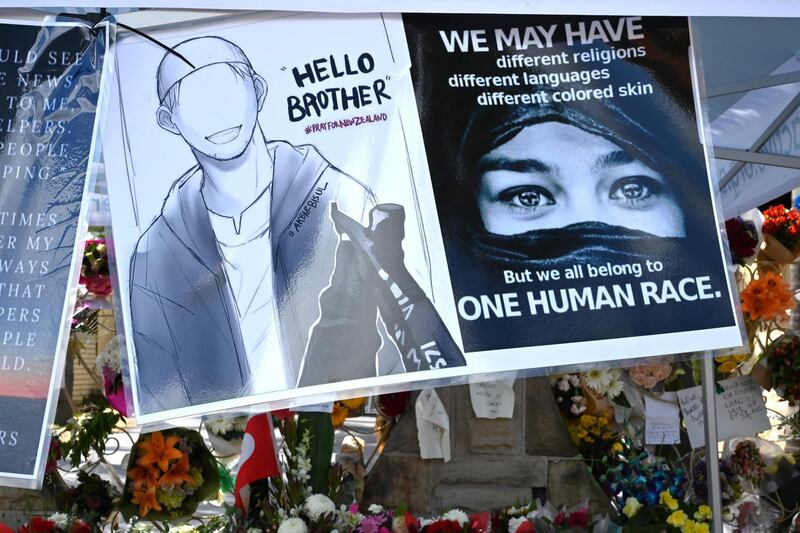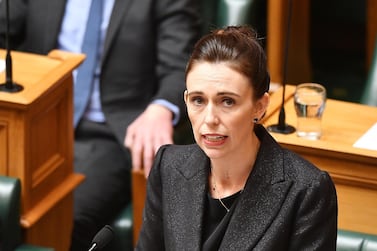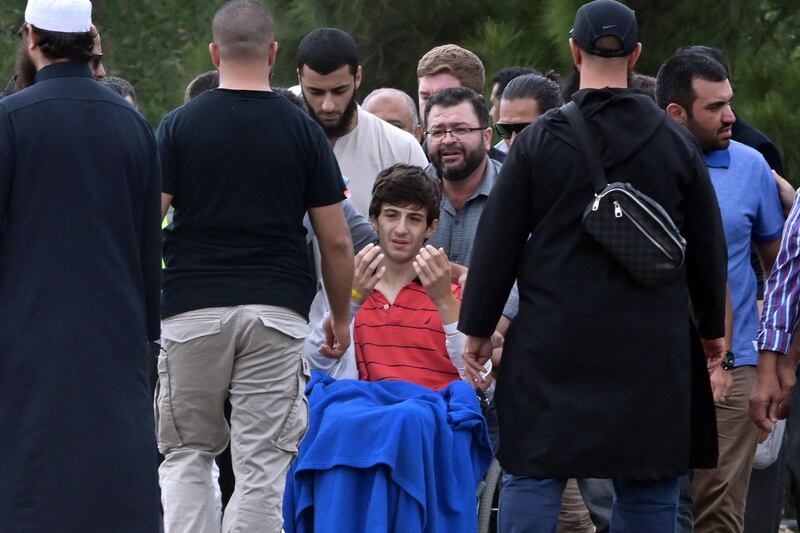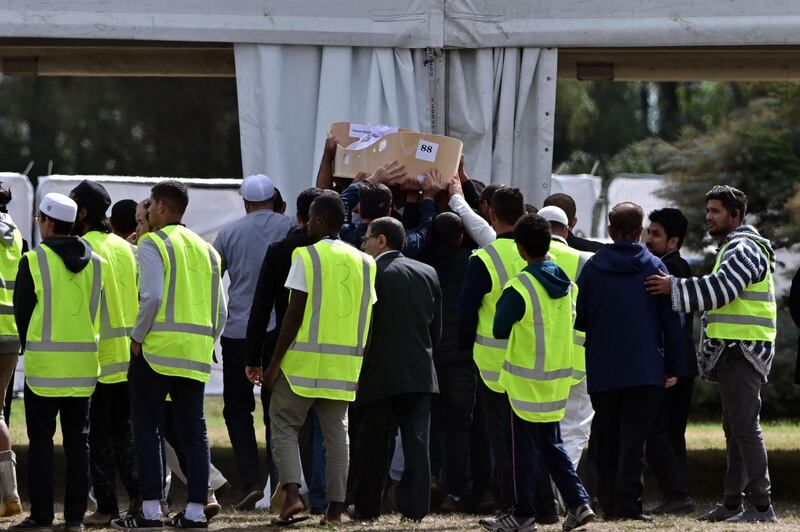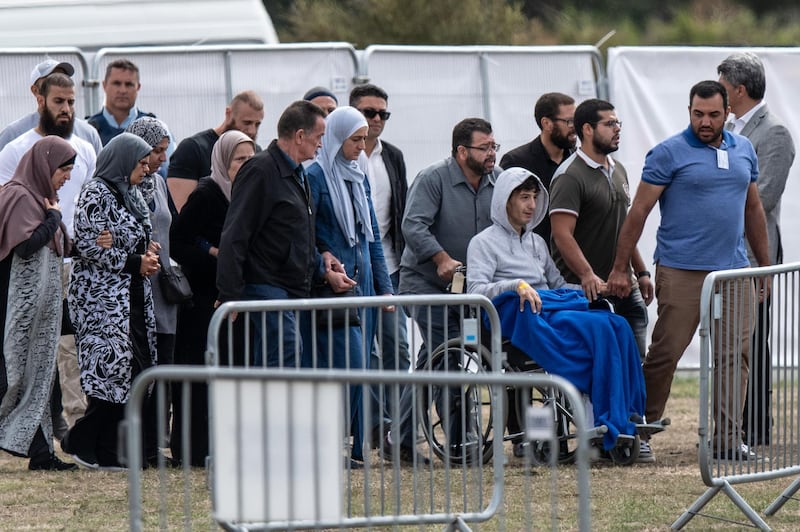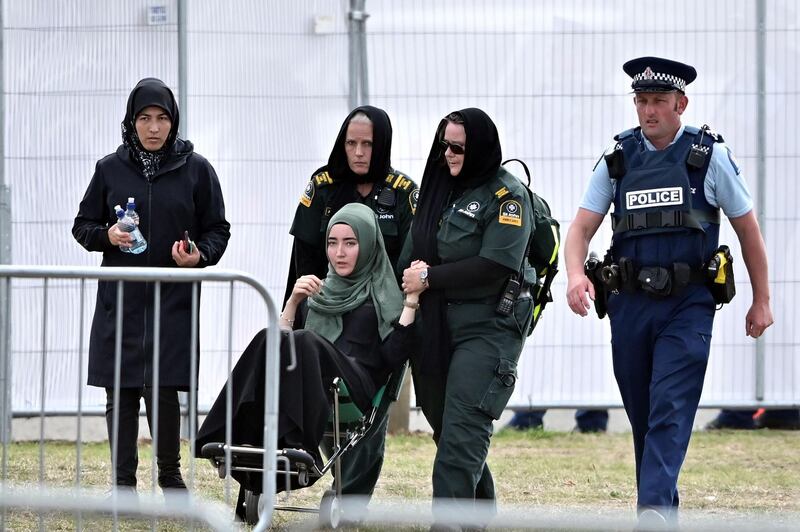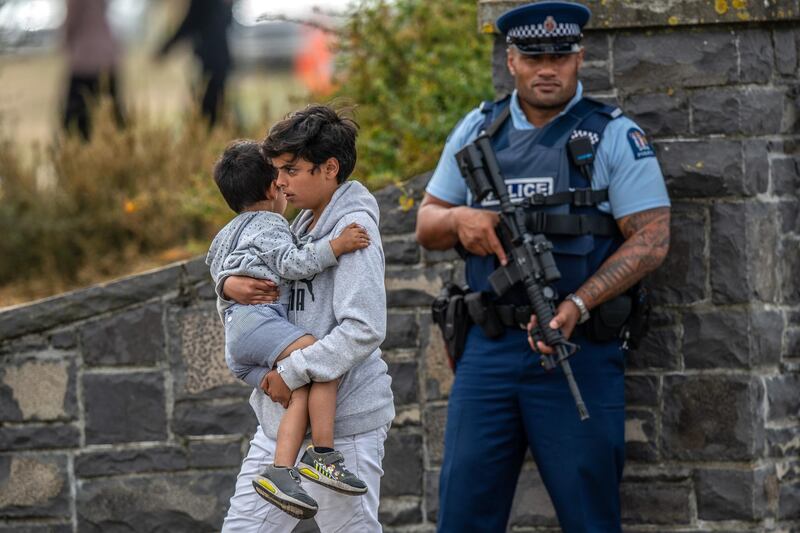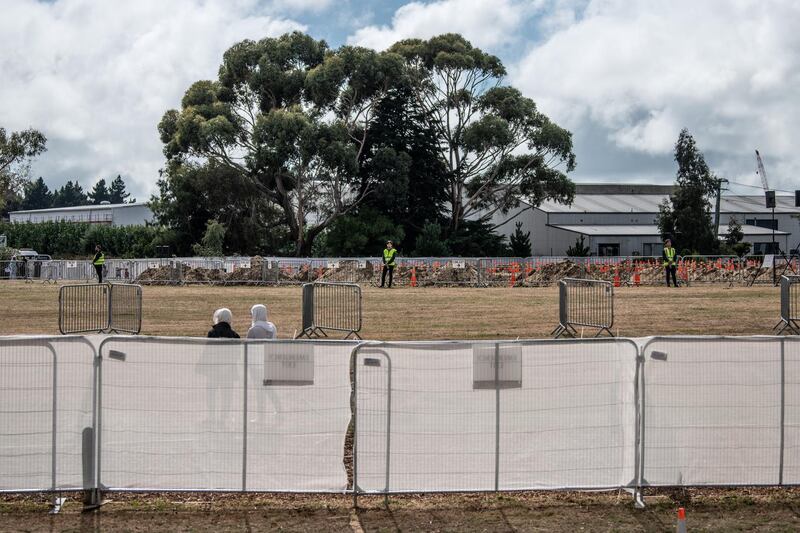A UAE resident was sacked and deported for celebrating the Christchurch terrorist attacks on social media.
The Transguard employee, who was believed to be a safety and security officer, posted about the attacks last weekend on Facebook.
At least 50 people died and 40 more were injured in the shootings after a white supremacist attacked two mosques in the New Zealand city on Friday.
Australian Brenton Tarrant, 28, has since been charged with a single count of murder. More charges are expected to follow.
The Dubai security company, part of the Emirates aviation group, launched an internal investigation and the man was subsequently stripped of his security credentials and handed over to police "as per company policy and UAE Cybercrime Law No 5 of 2012", Transguard said in a statement. He has since been deported.
“We have a zero-tolerance policy for the inappropriate use of social media, and as a result this individual was immediately terminated and turned over to the authorities to face justice,” said Greg Ward, Transguard’s managing director.
Transguard did not release the name, age, nationality of the former employee, or the comments made on Facebook.
But one Facebook user, whose profile stated he was a safety and security officer for Transguard, caused anger over comments he made on Saturday about the attack.
He appears to celebrate the Christchurch shootings on Friday and refers to the car bomb attack on 40 Indian soldiers in Pulwama last month by the extremist group Jaish-e-Mohammed.
In a separate incident, another Dubai user caused anger on Facebook by implying the attack was payback for attacks by Muslim extremists, with 'tears of joy' emojis.
Other users voiced their anger at the comments and tagged Dubai Police HQ's account to alert the force.
______________
[ Father and son who fled Syrian civil war are buried in New Zealand ]
______________
Social media played a central role in the attacks, after the gunman live-streamed footage in an effort to ensure it went viral.
That led sites such as Facebook and Twitter to try to shut down copies of the video, which quickly spread across the internet. But countries have taken action against individuals who were found to have shared the footage.
This week, the owner of a Nazi-themed insulation company was jailed by a judge in New Zealand for sharing a video of the attack in Christchurch.
Philip Arps, 44, appeared in a Christchurch court on Wednesday on two charges of distributing the killer's live-stream video, a violation of the country's law on objectionable publications. Each charge carries a maximum sentence of 14 years in prison.
